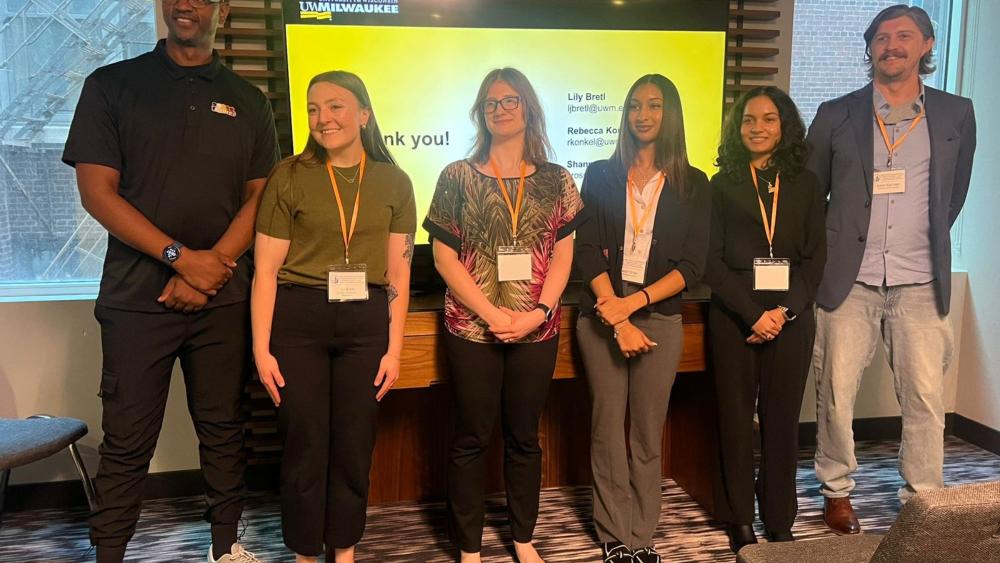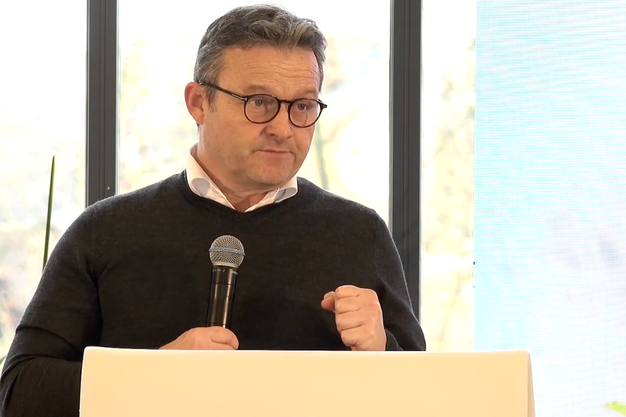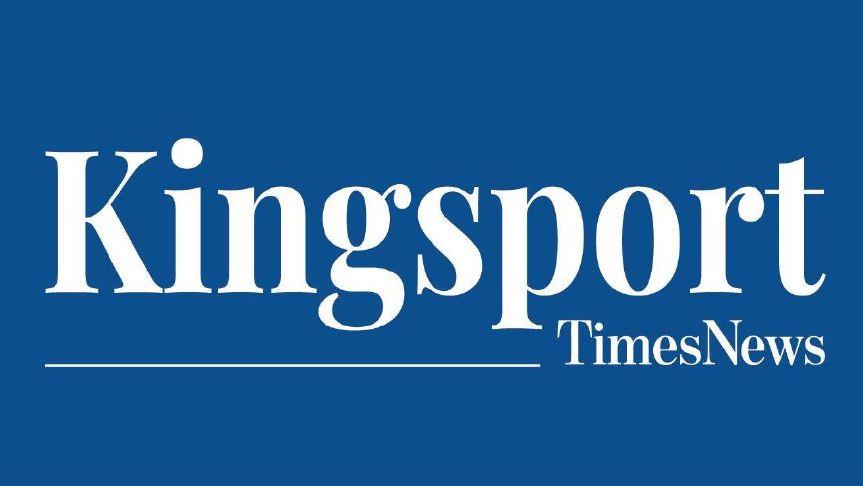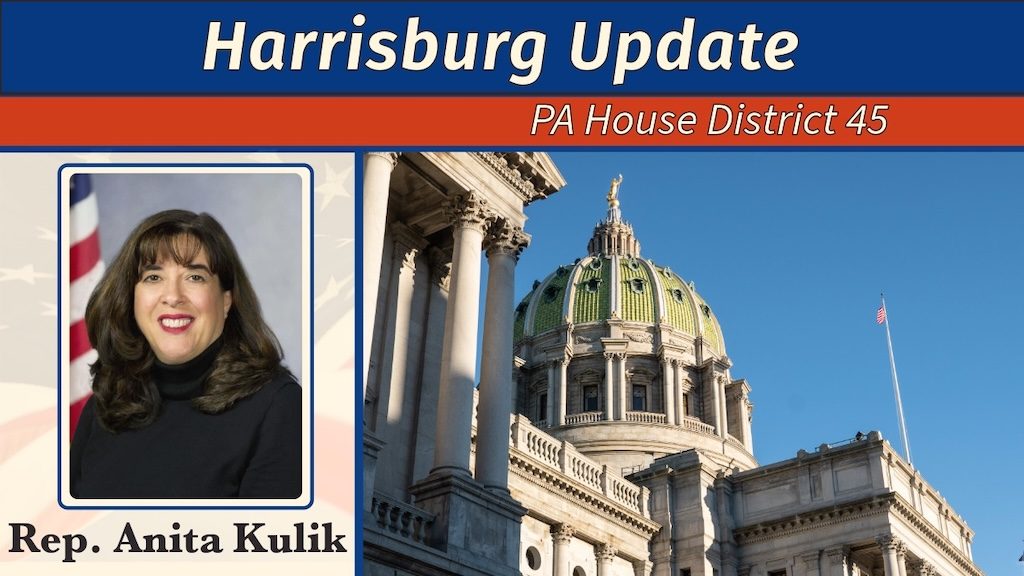Princeton President Christopher Eisgruber on addressing challenges facing higher education – CBS News

Report on U.S. Higher Education Funding and its Alignment with Sustainable Development Goals
Executive Summary
A recent conflict between the United States administration and several universities, including Princeton University, has raised significant concerns regarding the stability of higher education and its capacity to contribute to global and national objectives. The suspension of federal research grants and the proposal of a politically conditioned funding “compact” directly challenge the principles underlying several Sustainable Development Goals (SDGs), notably SDG 4 (Quality Education), SDG 9 (Industry, Innovation, and Infrastructure), SDG 16 (Peace, Justice, and Strong Institutions), and SDG 17 (Partnerships for the Goals). This report analyzes the situation, focusing on the implications for these critical development areas.
Impact on SDG 4 (Quality Education) and SDG 16 (Peace, Justice, and Strong Institutions)
Threats to Institutional Autonomy and Academic Freedom
The administration’s actions represent a direct challenge to the autonomy of educational institutions, a cornerstone of both SDG 4 and SDG 16. By attempting to link federal funding to adherence to specific political priorities, the proposed compact undermines the academic freedom necessary for quality education and the development of strong, independent institutions.
- Political Compact: The administration offered universities preferential funding in exchange for aligning with White House priorities on issues ranging from gender definitions to conservative speech.
- Institutional Response: A majority of prominent universities, including Princeton, the University of Pennsylvania, and MIT, have rejected the compact. Princeton President Christopher Eisgruber described the proposal as “dangerous.”
- Fostering Inclusive Societies: The pressure on universities to adopt specific viewpoints contradicts the objective of SDG 16 to build effective, accountable, and inclusive institutions. It also hampers the goal of SDG 4 to provide education that promotes a culture of peace and non-violence.
The Role of Universities in Fostering Civil Discourse
President Eisgruber highlighted a “civic crisis” in the United States, characterized by an inability to conduct dialogue across political differences. Universities are identified as critical venues for fostering the civil discourse essential for peaceful and inclusive societies (SDG 16). However, these institutions are increasingly reflecting societal divisions, making their role more challenging yet more vital.
- Universities are tasked with navigating complex free speech issues and internal debates, such as those at Princeton concerning historical figures and personnel disputes.
- The academic mission is to pursue scholarly consensus, which may not mirror societal political divisions on topics like public health.
- The rise of political violence poses a threat to open discourse, further complicating the university’s role in promoting peaceful dialogue as envisioned in SDG 16.
Implications for SDG 9 (Industry, Innovation, and Infrastructure) and SDG 17 (Partnerships for the Goals)
Disruption of Research and Innovation Partnerships
The partnership between the federal government and research universities is a primary driver of national innovation (SDG 9 and SDG 17). The suspension of federal grants directly weakens this crucial collaboration.
- Funding Suspension: Princeton University experienced a freeze on over $200 million in federal grants.
- Impacted Fields: The suspended grants were designated for high-priority research areas, including quantum science and artificial intelligence, which are fundamental to advancing SDG 9’s goal of fostering innovation and upgrading technological capabilities.
- Weakening Partnerships: This action represents a breakdown in the long-standing partnership (SDG 17) between government and academia, which has been critical for scientific and technological leadership.
Re-establishing Collaborative Efforts for National Progress
Despite the conflict, efforts are being made to restore the collaborative framework. Princeton has successfully engaged with the administration to underscore the national importance of its research, aligning with the shared goals of scientific advancement and economic strength.
- Through dialogue, Princeton secured the restoration of approximately half of the suspended grant funding.
- The university demonstrated how its research in science, energy, and other fields contributes directly to national priorities, reinforcing the value of the government-university partnership (SDG 17).
- The ongoing situation highlights the fragility of this partnership and the high stakes for the nation’s future innovation capacity (SDG 9).
Conclusion
The current tensions between the U.S. administration and higher education institutions pose a substantial threat to progress on multiple Sustainable Development Goals. The politicization of funding jeopardizes the integrity of quality education (SDG 4), the strength of public institutions (SDG 16), and the vital partnerships (SDG 17) that fuel national innovation (SDG 9). As stated by President Eisgruber, sustained, smart federal investment in research universities is “critical to America’s future” and its ability to address complex global challenges.
Analysis of Sustainable Development Goals in the Article
1. Which SDGs are addressed or connected to the issues highlighted in the article?
The article highlights issues that connect to several Sustainable Development Goals (SDGs). The primary SDGs addressed are:
- SDG 4: Quality Education: The article’s central theme is the state of higher education in the United States, focusing on universities like Princeton. It discusses challenges to the quality and autonomy of these institutions, including political pressure and funding issues, which directly impact the provision of quality tertiary education.
- SDG 9: Industry, Innovation and Infrastructure: The article explicitly mentions the freezing of federal grants for scientific research. This directly relates to fostering innovation and supporting scientific research, which are key components of SDG 9. The text states that grants for “quantum science or artificial intelligence” were suspended, highlighting the impact on cutting-edge research and technological development.
- SDG 16: Peace, Justice and Strong Institutions: This goal is relevant due to the article’s focus on institutional integrity, fundamental freedoms (free speech), and political violence. The pressure on universities to sign a “compact” challenges their status as strong, independent institutions. The discussion of a “civic crisis,” political violence, and the need for civil discourse relates to promoting peaceful and inclusive societies.
2. What specific targets under those SDGs can be identified based on the article’s content?
Based on the article’s content, the following specific targets can be identified:
- Under SDG 4 (Quality Education):
- Target 4.7: “By 2030, ensure that all learners acquire the knowledge and skills needed to promote sustainable development, including, among others, through… promotion of a culture of peace and non-violence, global citizenship and appreciation of cultural diversity…” This target is relevant to the discussion about the “American crisis” where people have “trouble talking to one another across political differences.” Universities are presented as places where “civil discussions and discussions across difference are especially important,” aligning with the goal of promoting a culture of peace and dialogue.
- Under SDG 9 (Industry, Innovation and Infrastructure):
- Target 9.5: “Enhance scientific research, upgrade the technological capabilities… including… encouraging innovation and substantially increasing… public and private research and development spending.” The article directly addresses this target by describing how Princeton’s “federal support was frozen – more than $200 million in grants.” This action directly impacts public R&D spending and the enhancement of scientific research in critical fields. The article notes the investment in research universities is “critical to America’s future.”
- Under SDG 16 (Peace, Justice and Strong Institutions):
- Target 16.1: “Significantly reduce all forms of violence and related death rates everywhere.” This target is addressed through the mention of political violence, specifically when the article notes, “When conservative activist Charlie Kirk was gunned down on a college campus in Utah.” This highlights the threat of violence and assassination as a breakdown of a peaceful society.
- Target 16.6: “Develop effective, accountable and transparent institutions at all levels.” The pressure on universities to sign a “compact” in exchange for “preferential treatment on funding” challenges their institutional effectiveness and accountability. Princeton President Eisgruber calls the proposal “dangerous,” implying it undermines the university’s integrity as an independent institution.
- Target 16.10: “Ensure public access to information and protect fundamental freedoms, in accordance with national legislation and international agreements.” The entire debate around the “compact,” which requires universities to align with the White House on issues like “protecting conservative speech,” and Eisgruber’s book, “Terms of Respect: How Colleges Get Free Speech Right,” directly relates to the protection of the fundamental freedom of speech.
3. Are there any indicators mentioned or implied in the article that can be used to measure progress towards the identified targets?
The article does not mention official SDG indicators, but it provides specific information that can be used as implied, qualitative, or quantitative indicators to measure progress or setbacks related to the identified targets:
- Indicator for Target 9.5: The amount of public investment in research and development. The article provides a specific figure: “more than $200 million in grants” to Princeton that were frozen. The subsequent restoration of “roughly half of the suspended grants” also serves as a measurable indicator of the flow of public funds for research.
- Indicator for Target 16.6: The number of institutions maintaining their independence from political pressure. The article states that “only one university… has agreed to sign the compact,” while many others, including Princeton, UPenn, MIT, and USC, have rejected it. This count serves as an indicator of institutional strength and integrity.
- Indicator for Target 16.1: The number of incidents of political violence. The article provides a specific example: the shooting of Charlie Kirk on a college campus. Tracking such incidents would be a direct measure of progress (or lack thereof) toward reducing violence.
- Indicator for Target 16.10: The existence of policies or agreements that condition funding on adherence to specific viewpoints on fundamental freedoms. The proposed “compact” itself is an indicator of pressure on free speech. The rejection or acceptance of such compacts by universities can be used to measure the protection of these freedoms.
4. Table of SDGs, Targets, and Indicators
| SDGs | Targets | Indicators (Mentioned or Implied in the Article) |
|---|---|---|
| SDG 4: Quality Education | 4.7: Promote knowledge and skills for a culture of peace and non-violence. | The role of universities in fostering “civil discussions and discussions across difference” to address the “American crisis” of political division. |
| SDG 9: Industry, Innovation and Infrastructure | 9.5: Enhance scientific research and increase R&D spending. | The freezing and partial restoration of “$200 million in grants” for research in fields like quantum science and artificial intelligence. |
| SDG 16: Peace, Justice and Strong Institutions | 16.1: Reduce all forms of violence. | Incidents of political violence, such as the assassination of an activist on a college campus. |
| 16.6: Develop effective, accountable institutions. | The number of universities rejecting the politically motivated “compact” to maintain institutional independence. | |
| 16.10: Protect fundamental freedoms. | The proposal of a “compact” that links funding to alignment on free speech issues, and the publication of books and defenses of free speech by university leaders. |
Source: cbsnews.com
What is Your Reaction?
 Like
0
Like
0
 Dislike
0
Dislike
0
 Love
0
Love
0
 Funny
0
Funny
0
 Angry
0
Angry
0
 Sad
0
Sad
0
 Wow
0
Wow
0














































































